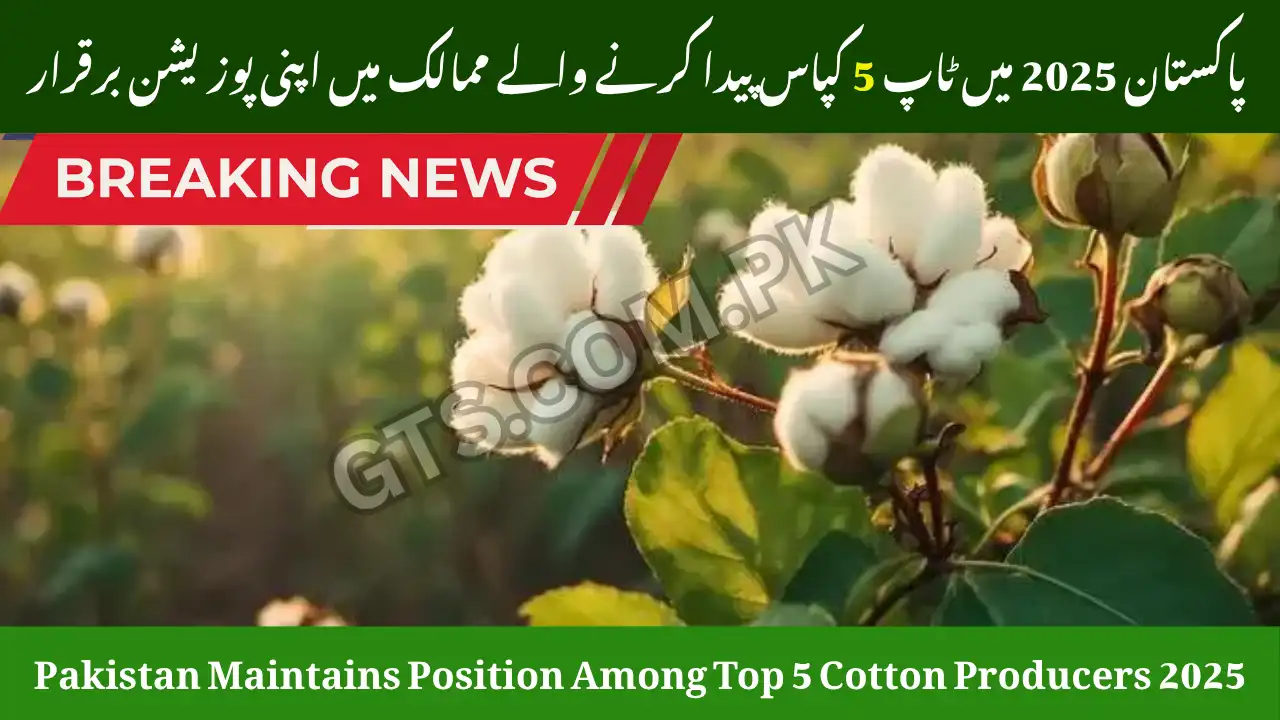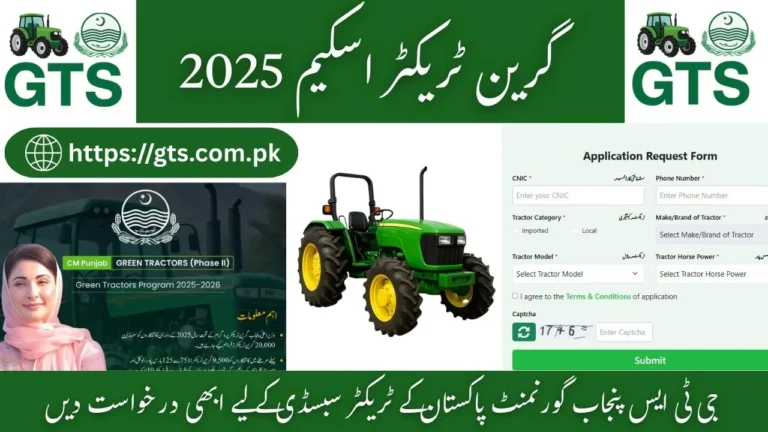Pakistan Maintains Position Among Top 5 Cotton Producers 2025
Despite facing significant setbacks due to recent floods and a reduction in crop yields, Pakistan remains one of the Top 5 Cotton Producers globally. This remarkable achievement highlights the resilience of the country’s agricultural sector, particularly in cotton farming, which is crucial for the national economy. The cotton industry plays a vital role in Pakistan’s textile sector, contributing to employment and export revenues, even in the face of challenges. With continued government efforts and industry support, Pakistan’s position as one of the world’s top cotton producers remains a beacon of hope for its agricultural and industrial future.
Pakistan’s Cotton Industry: A Resilient Sector
According to reports, despite facing significant setbacks from the floods and production decreases, Pakistan remains one of the five largest cotton producers globally. This resilient performance in the cotton sector is crucial for the nation’s textile industry, which relies heavily on cotton for its raw material. The industry not only drives employment but also serves as a significant contributor to the nation’s export earnings.
Pakistan’s textile sector is one of the country’s most critical industries, contributing substantially to the national economy and creating millions of jobs. The cotton produced here is a key input for local textile mills, which, in turn, fuel the country’s economic engine through both domestic consumption and exports.
Read More: Punjab Cotton Farming Subsidy 2025
Global Cotton Day and Its Relevance
The United Nations celebrates World Cotton Day every year on October 7, a day dedicated to highlighting cotton’s importance in economic development, trade, and poverty reduction. This year’s theme, “The Fabric of Our Lives,” emphasizes how cotton supports the livelihoods of millions globally. Cotton is the most used fabric after polyester, accounting for about 20% of the global textile demand, with nearly 80% of this cotton going into clothing. The remainder is used in household textiles and industrial products. This highlights cotton’s vital role not just for Pakistan, but for the entire global economy.
The Economic Impact of Cotton in Pakistan
The cotton sector is not just significant for its agricultural output but also for its direct impact on the textile industry, which employs over 40% of the industrial workforce. The textile sector contributes around 8% to Pakistan’s Gross Domestic Product (GDP), and is responsible for about 60% of the country’s foreign exchange earnings. With approximately 10 million people dependent on cotton farming, the sector plays a pivotal role in reducing poverty and boosting income in rural areas.
Cotton’s Role in Pakistan’s Rural Economy
Cotton is primarily grown in the provinces of Punjab and Sindh, with Punjab contributing about 68.5% of the national production. Approximately 1.5 million farmers in the country cultivate cotton, with over 90% of these farmers working on small plots of land under five hectares. Despite the challenges, the cotton sector remains a critical source of income for these farmers, helping them sustain their livelihoods even amid global agricultural volatility.
The government is also expanding cotton cultivation into Balochistan and Khyber Pakhtunkhwa as part of a nationwide effort to boost production. This diversification is aimed at reducing dependency on traditional cotton-growing regions and fostering more sustainable agricultural practices.
Read More: CM Maryam Nawaz’s Kisan Card Loan Repayment Deadline
The Textile Industry: A Key Pillar of Pakistan’s Economy
Pakistan’s textile sector is integral to the country’s overall economic structure. The industry supports about 1 million jobs and plays a major role in creating employment opportunities for both skilled and unskilled workers. The textile sector also includes around 1,050 generators, 430 textile mills, and 350 cotton seed crushing and oil extraction factories. This extensive industrial network is powered by local cotton production, further underscoring the importance of maintaining a stable cotton supply for the sector’s success.
The Future of Cotton and Textiles in Pakistan
The government’s ongoing efforts to boost cotton production, alongside investment in the textile industry, are critical in ensuring that Pakistan remains a competitive player in the global textile market. With the right support, Pakistan’s cotton industry has the potential to recover from setbacks like natural disasters and continue to grow, ensuring a sustainable future for the nation’s farmers and workers. The shift towards promoting cotton cultivation in newer areas, along with innovations in farming practices, is expected to enhance the overall productivity of the sector.
Conclusion: A Critical Sector for Pakistan’s Growth
Pakistan’s ability to maintain its status as one of the Top 5 Cotton Producers despite recent natural disasters underscores the strength of its agricultural resilience. The country’s cotton sector not only supports the textile industry but also plays a significant role in driving economic growth and creating employment opportunities. With continued investment and innovation, Pakistan’s cotton industry is poised to strengthen its position and contribute to global markets for years to come.







